The mysterious civilization of the Nile
When mentioning the Nile River, many people will immediately think of ancient Egypt, however, there also exists another ancient and mysterious civilization, Kerma.
When most people are asked which is the most famous ancient civilization in African history, they will certainly quickly answer Egypt. But in fact, to consider ancient Egyptian civilization as a long, unbroken line of Pharaohs who ruled the banks of the Nile for millennia is a mistake.
Today, we know that there were three periods during which Egypt could truly be considered a unified kingdom, known as the Old Kingdom, Middle Kingdom, and New Kingdom. Between these periods were centuries of infighting and chaos known as the Intermediate Period.
Even during the three periods of unification of ancient Egypt, the Egyptians did not have full control over the Nile River. Especially during the Middle Kingdom, they faced considerable competition from their southern neighbor, a civilization that outlived the Pharaoh line: Kerma.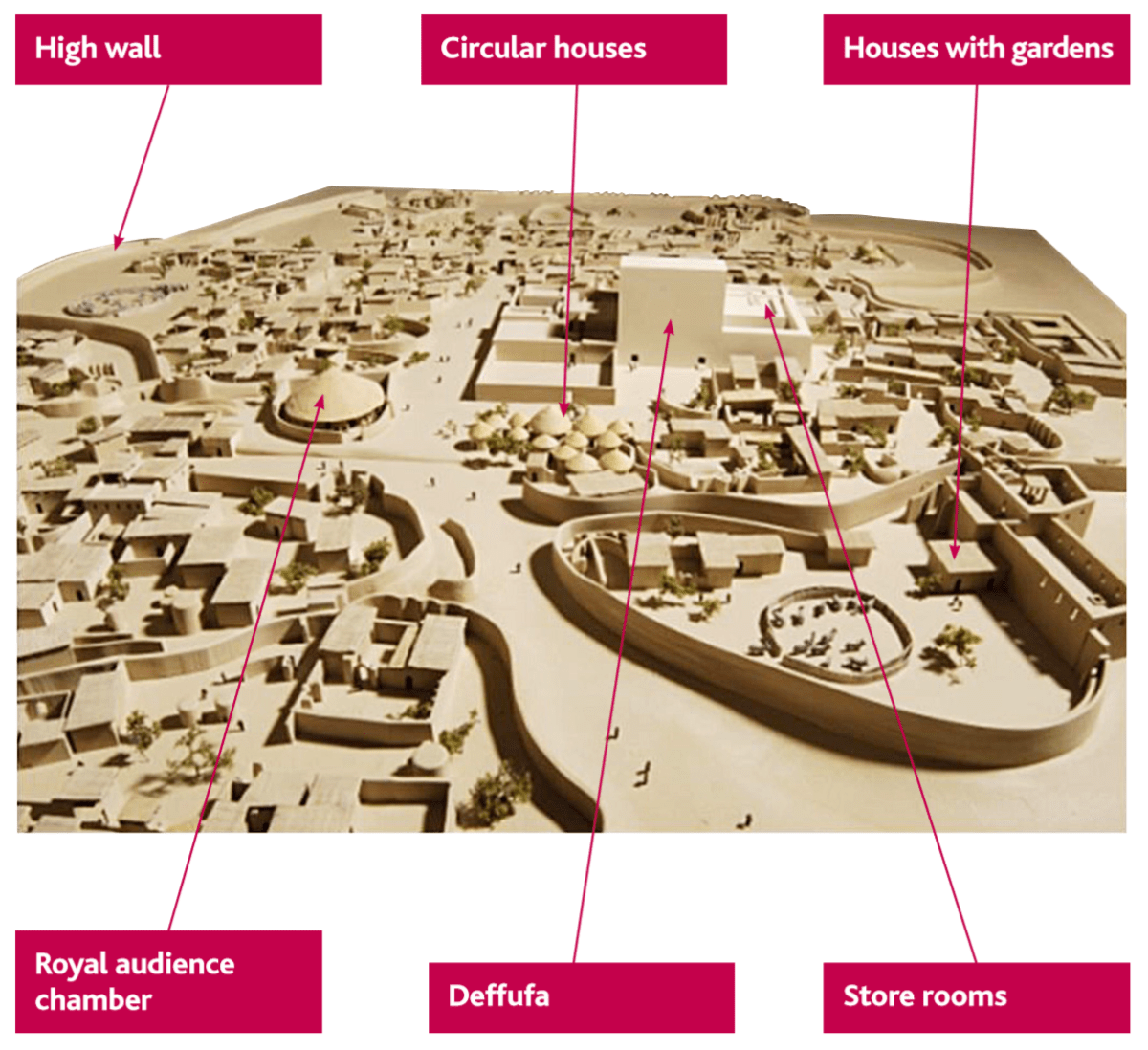
Named after their capital city, the Kerma civilization, located in present-day Sudan, arose about 5,500 years ago. In fact, Kerma is now one of the largest archaeological sites in ancient Nubia.
There has been a lot of excavation and research around the area, leading to the discovery of many tombs and residential areas of the main city. More recent discoveries of other Kerma settlements show that at its peak, this civilization was extremely developed and was at least the size of ancient Egypt.
The Kerma civilization once controlled more than 200 miles (322 km) of the upper Nile River. Their capital possessed a huge temple in the center, they were also able to make artifacts that rivaled anything produced by Egypt at the time.
Origin of Kerma
Before the rise of Kerma, the region was ruled by the kingdom of Naqada. The Naqada kings are considered the predecessors of the first Pharaohs of Egypt, they harbored ambitions to conquer Nubia and rule the entire territory along the length of the Nile River.
In this regard, they were widely successful, establishing the Old Kingdom of Egypt and controlling much of the Nile River until around 2,400 BC. But with the collapse of the Old Kingdom, control over the southern part of the Nile was weakened and then lost.
Much of the record relating to the period between the great Egyptian kingdoms is extremely fragmentary, but it seems likely that Kerma moved into the abandoned areas south of the Nile. When Egypt became stable again - in 2,000 BC, Kerma became an extremely powerful kingdom.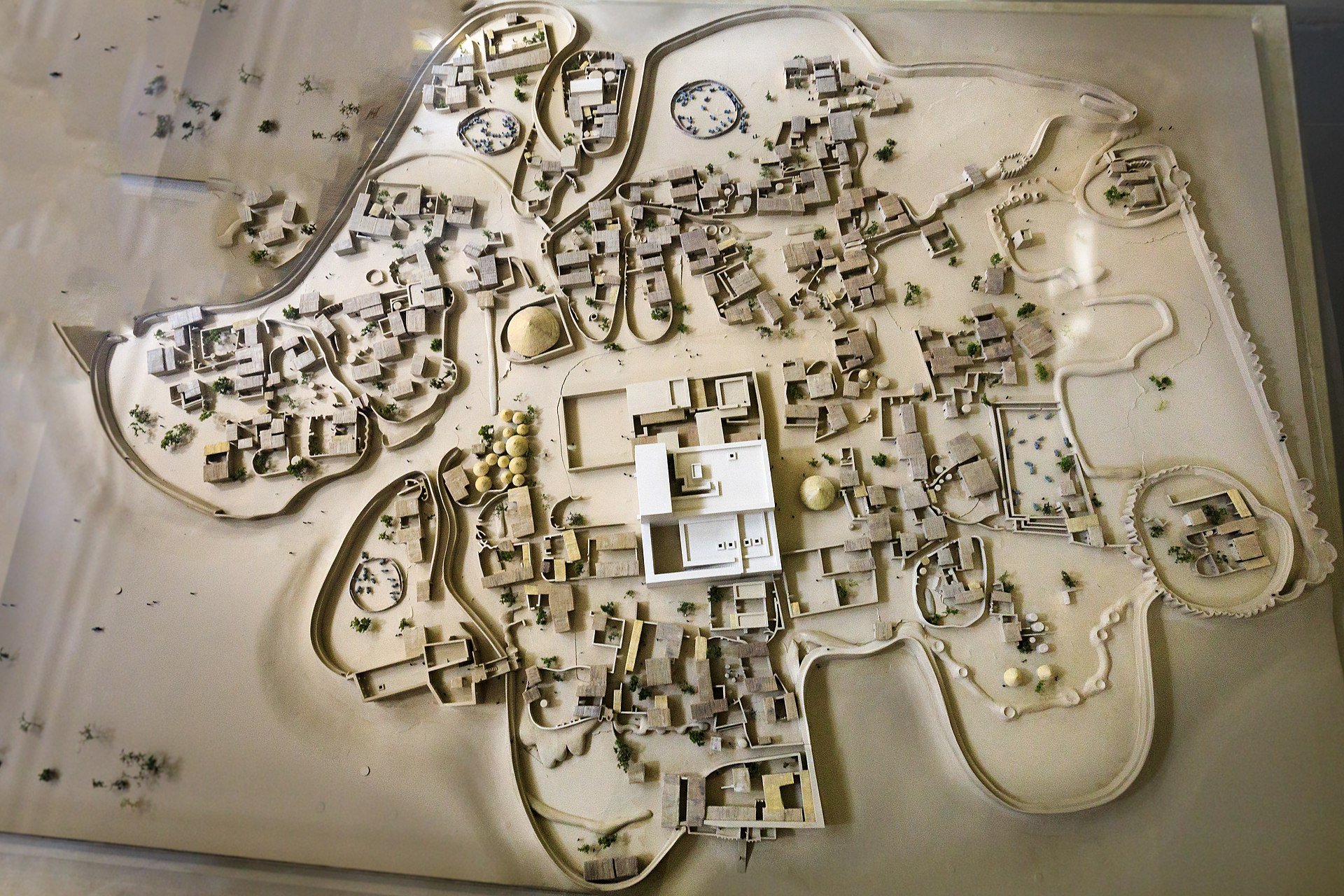
Therefore, the Pharaohs of newly unified Egypt had to accept the existence of Kerma and consider it a country equal to themselves. The trade links of these two countries were also established accordingly. Blue ceramics and jewelry, in particular, were also exported from Kerma along the length of the Nile.
But the memory of their lost lands was never forgotten by the Egyptians, and the Pharaohs of Egypt considered the lands to the south to be occupied territory that legally belonged to them.
From archaeological data, we also know that clashes on the Egyptian-Kerma border took place very frequently, but both sides avoided fierce battles, each feeling afraid of the power of the enemy. strength of the other side. Neither the Kerma nor the Egyptians were able to significantly penetrate each other's territory, because the strength of the two sides was quite similar.
Kerma and the Hyksos
Although Kerma is a country with developed trade routes and good access to the resources of sub-Saharan Africa. But for them, the threat of an aggressive Egypt remains ever-present in the north.
The Middle Kingdom of Egypt was also the shortest of Egypt's three golden ages, ending around 1,800 BC. In the decades and centuries that followed, Egypt was weakened by dynastic infighting, and Kerma sought to take advantage of this.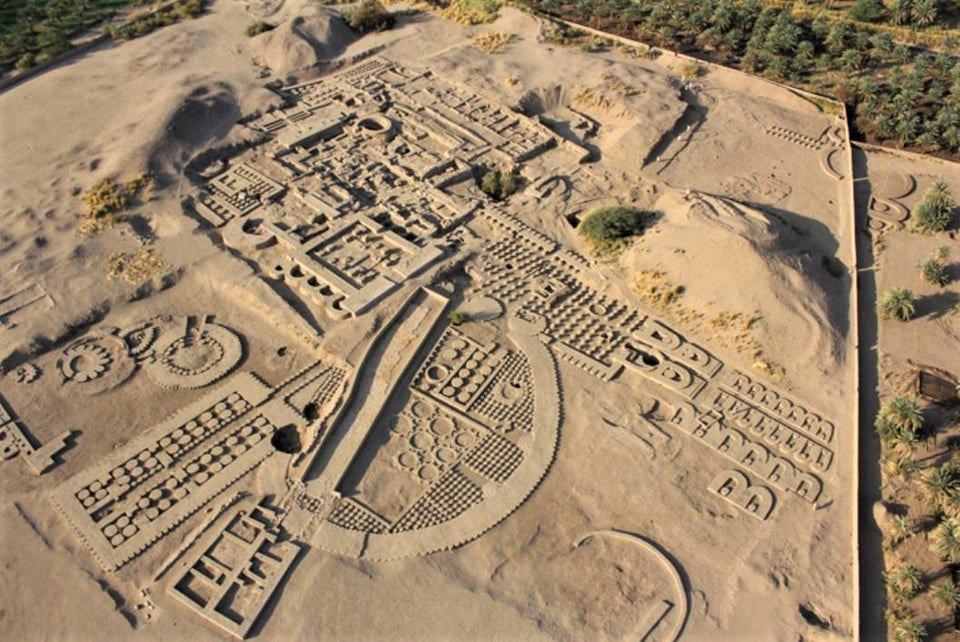
To take full advantage of their advantage, in 1,650 BC, the Kerma people proposed an alliance with the Hyksos to besiege and attack Egypt. As a result, they won and ushered in the first time Egypt was ruled by "foreign" Pharaohs. While the Hyksos ruled the Nile Delta and the northern part of Egypt, the kingdom of Kerma took all of the south of the Nile for itself.
At this time, the power of the old Egyptian royal families was pushed down to a small territory around their former capital Thebes. The people of Upper Egypt accepted Kerma control and ushered in a "golden" era for the Kerma kingdom.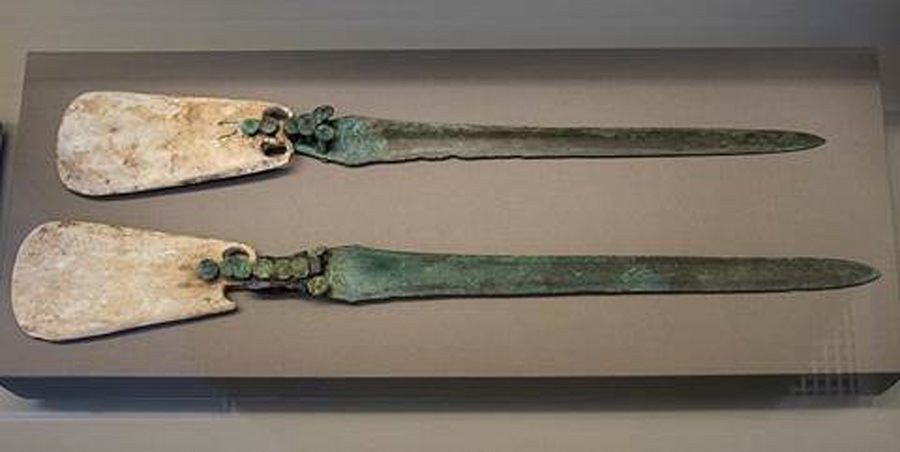
The Kerma kingdom can be divided into three periods, known as Early Kerma, Middle Kerma and Classic Kerma. Early Kerma is the period from about 2,500 BC to 2,050 BC, but very little is known about this period.
Middle Kerma was from about 2,050 BC to 1,750 BC, during which time Kerma was the great rival of southern Egypt. And Classic Kerma, considered the golden age of the Kerma kingdom - after their conquest of Egypt and the Hyksos, existed from about 1,750 BC to 1,500 BC.
During this final period of Kerma, the rulers succeeded in controlling the Egyptian fortresses and gold mines south of the Nile. The kingdom then continued to expand until in 1,500 BC they met Pharaoh Thutmose I.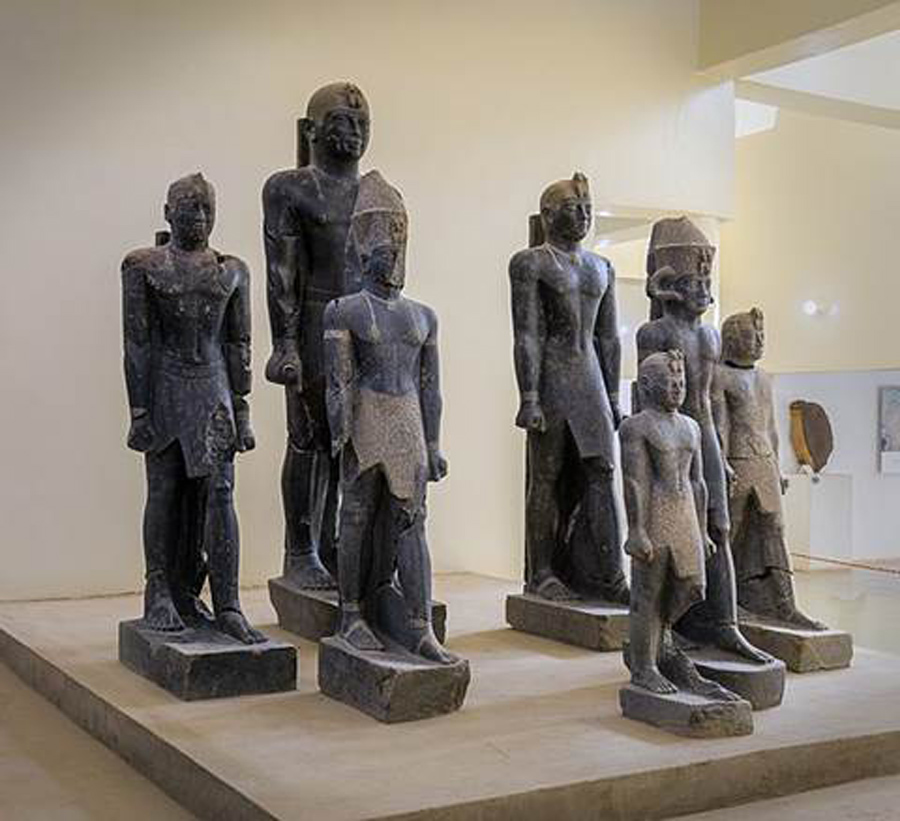
Thutmose was the third Pharaoh of the 18th Dynasty of Egypt, the first dynasty of Egypt's last and greatest unified kingdom: the New Kingdom. Pharaoh Thutmose I led an army south and entered Kerma territory, destroying and taking over their kingdom. Egypt then recovered its lost lands and the Kerma people, Egypt's opponents for many centuries, followed suit.
But for the next 200 years, the Egyptians still faced rebellions from the remnants of the Kerma kingdom, who refused to allow their culture to be annexed by Egypt. But the successors of the remnants of the kingdom of Kerma still lived in the area known as Kush. And many centuries later, they won and ruled Egypt as the Pharaohs of the 25th Dynasty.


















































